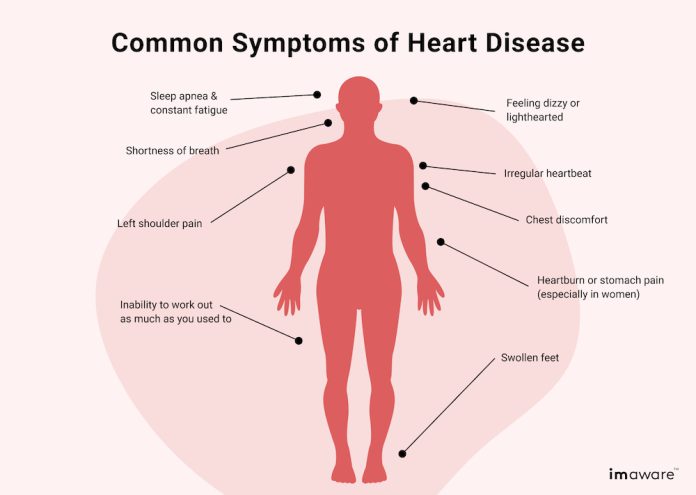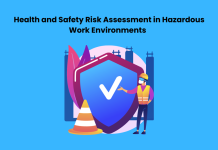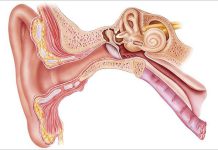4nids.com – The most common heart attack and stroke symptoms involve uncomfortable pressure or fullness in the chest. In some people, pain also occurs in the arms, neck, and jaw. People often experience lightheadedness and nausea. Lastly, they may experience shortness of breath. While these symptoms may be triggered by other factors, it is always best to seek medical advice when they feel like they are having trouble breathing. These symptoms are the warning signs of an impending heart attack or stroke.
Some of the symptoms of a heart attack
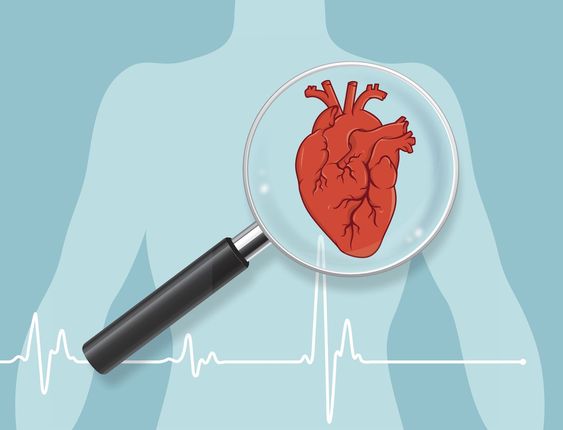
Most heart attack symptoms involve pain or discomfort in the chest center that lasts several minutes. The pain or pressure may be intense or mild, and it may feel like pressure or fullness. Some people also experience discomfort in their neck, jaw, or stomach. Other possible symptoms include shortness of breath, nausea, or cold sweating. It is also important to visit a healthcare provider if any of these symptoms persist. These symptoms can lead to serious health problems and should not be ignored.
The most common heart attack symptom is difficulty breathing, which can happen while you’re exercising or resting. Fluid can back up in the lungs, making it difficult to breathe. If the condition worsens, you may experience leg weakness and fatigue. If you’re suffering from any of these symptoms, you should seek medical attention immediately. The best course of action is to see a doctor. If you’re concerned, call 911 and schedule an appointment with a qualified health care provider.
It is important to visit a healthcare provider if you experience these symptoms
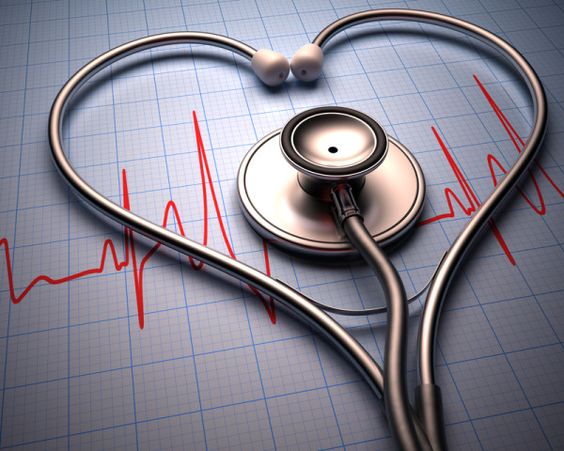
While these are some of the most common heart attack symptoms, you should seek medical care if you’re experiencing any of these. These symptoms may be accompanied by other more serious conditions. It is important to visit a healthcare provider if you experience any of these. The sooner you get medical attention, the better. There’s a good chance that you’ll be able to prevent the onset of serious heart disease.
When these symptoms occur, you should seek medical attention as soon as possible. If you’re experiencing any of these symptoms, you should call a healthcare provider. Despite the fact that it is a common illness, you should consult a healthcare provider if you’re concerned about your condition. A medical professional will be able to help you identify if you’re suffering from any of these conditions. There are many ways to diagnose heart trouble.
Need to stay hydrated and dress in layers in winter
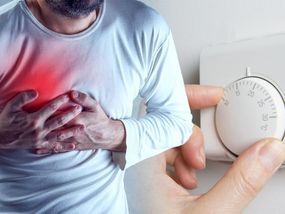
During the winter season, you should stay hydrated and dress in layers. If you get too warm, you can remove a layer of clothing and make sure you’re wearing proper footwear. If you’re experiencing chest pain or excessive sweating, stop removing layers of clothing and contact your doctor. If the symptoms don’t go away, you should see your doctor right away. If you have chest pressure, you should visit a doctor right away.
The most common heart attack symptoms include discomfort in the center of the chest. You may feel pressure, pain, or discomfort in the chest for a few minutes. Your symptoms may also be felt in your neck or jaw, but they could be other symptoms of heart disease. It’s crucial to visit your primary care physician if you notice any of these symptoms. These physicians can help you identify the cause of your condition and create a plan for treatment.
The sooner you get medical care the better
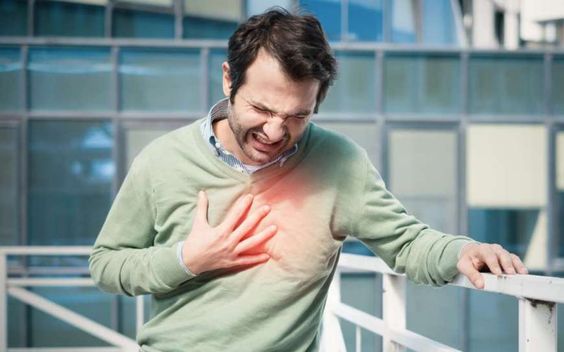
Although these symptoms may not sound serious, they can be dangerous. If you notice any of them, you should contact your doctor right away. While some heart troubles can be minor, others can be dangerous. If you have any of the above symptoms, your doctor may want to see you right away. If your symptoms are severe, you should see a cardiologist right away. The sooner you can get medical care, the better. If you suspect you might have heart trouble, don’t ignore the signs.
Most heart attacks are characterized by chest discomfort. The discomfort can last for several minutes. In addition to chest discomfort, you may feel pressure in your neck or jaw. Some other common symptoms include cold sweating, lightheadedness, and nausea. If you are experiencing any of these symptoms, you should seek medical help immediately. If you don’t feel well, the symptoms may be heart failure. If you can’t breathe, call your doctor.


